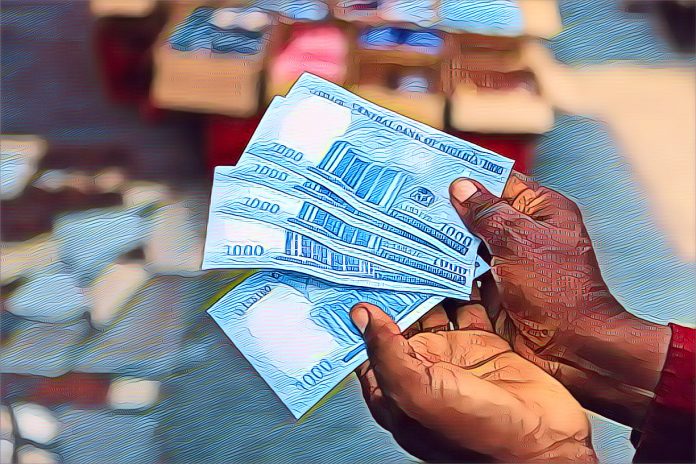Nigeria, Africa’s largest economy, is facing a severe currency crisis that has been worsened by its decision to float the naira in 2023. The move, which was meant to attract foreign investors and boost exports, has instead led to runaway inflation, dwindling reserves, and a widening gap between the official and parallel exchange rates.
According to the Petroleum and Natural Gas Senior Staff Association of Nigeria (PENGASSAN), the naira’s devaluation is the main cause of the hardship and economic woes afflicting the country. The union’s president, Engineer Felix Osifo, told Vanguard News that floating the naira was the worst economic decision taken by the government, as it exposed the currency to the whims of speculators and market forces.
The Impact of Floating the Naira
He said that no country in the world floats its currency 100 percent in US dollars, and that the Central Bank of Nigeria (CBN) should maintain a single and stable exchange rate that reflects the fundamentals of the economy. He also urged the government to increase the supply of foreign exchange by curbing crude oil theft, creating incentives for oil producers, and stimulating more production.
Osifo blamed the high cost of living, especially food and transportation, on the soaring prices of diesel, which is used to power most vehicles and generators in the country. He said that diesel prices have risen from around N260 per liter in 2023 to N1,400 per liter in 2024, due to the exchange rate and the removal of fuel subsidy.
Osifo also criticized the customs authorities for imposing high duties on imported goods, especially spare parts and raw materials, which hamper the manufacturing sector and businesses. He said that customs should facilitate trade, not collect revenue, and that the government should reduce the duties on critical items.
The naira, which was trading at around N450 to the US dollar in 2023, has depreciated to over N1,500 in the official market and over N4,000 in the parallel market in 2024. This has eroded the purchasing power of Nigerians, who rely heavily on imported goods and services.
The CBN has tried to intervene in the foreign exchange market by injecting dollars and imposing restrictions on access to foreign currency for some items, but these measures have failed to stem the naira’s slide or curb the activities of the black market.
The Alternatives and Prospects
The International Monetary Fund (IMF) has advised Nigeria to adopt a more flexible and unified exchange rate regime that reflects market conditions and reduces the risks of external shocks. The IMF also urged the government to implement structural reforms, such as improving the business environment, enhancing governance, and strengthening the fiscal framework.
Some analysts have suggested that Nigeria should adopt a currency board system, which would peg the naira to the US dollar at a fixed rate and require the CBN to hold enough reserves to back up the entire money supply. This would eliminate the possibility of inflation and devaluation, and restore confidence in the naira.
However, such a system would also limit the CBN’s ability to conduct monetary policy and respond to economic shocks, and would require a high level of fiscal discipline and credibility from the government.
Despite the challenges, Nigeria still has the potential to overcome its currency crisis and achieve sustainable growth and development. With its abundant natural resources, large population, and entrepreneurial spirit, Nigeria can leverage its comparative advantages and diversify its economy away from oil dependence. By pursuing sound economic policies and reforms, Nigeria can restore the value of the naira and the welfare of its people.
Source: Vanguard



